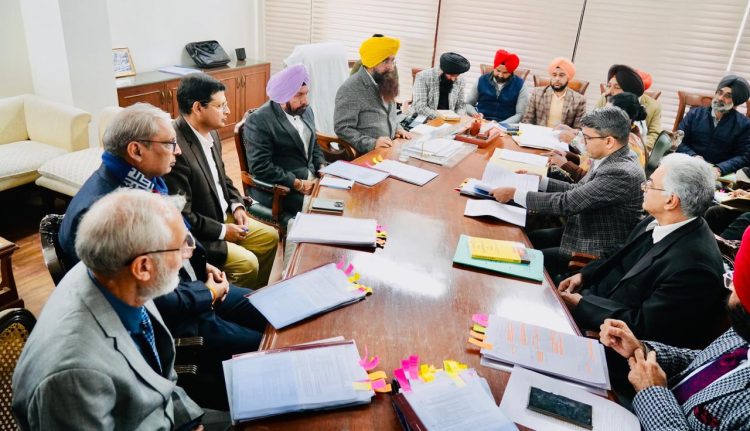Context:
The Central Government has released the draft National Policy Framework on Agricultural Marketing, aiming to create a transparent, competitive, and inclusive agricultural marketing ecosystem.
More on the News
- The draft policy has been prepared by a Drafting Committee under the chairmanship of Faiz Ahmed Kidwai, which was constituted by the Union government in June 2024.
- This policy seeks to empower farmers with diversified market access and improved price realisation.
- However, farmer leaders and the Punjab government have criticised the policy, saying it echoes the controversial farm laws introduced in 2020 and repealed in 2021 following protests.
Key Highlights of the Draft
1. Market Accessibility:
- Farmers can sell their produce across various platforms, including private buyers, and directly to consumers, moving beyond the traditional mandis (regulated markets).
- It encourages private investment in infrastructure like warehouses and cold storage facilities.
- Promotes digital trading and e-market platforms to enhance efficiency and transparency.
2. Empowered Agricultural Marketing Reform Committee:
- It has proposed the constitution of an Empowered Agricultural Marketing Reform Committee of State Agricultural Marketing Ministers on the lines of Empowered Committee of State Finance Ministers on GST to push the states to adopt the reform provisions in the state APMC Acts.
- The Empowered Committee of State Agricultural Ministers will work towards building consensus among the states to move towards a unified national market for agricultural produce through a single licensing /registration system and single fee.
3. Ease of Doing Agritrade (EoDA):
- The Department of Agriculture and Farmers’ Welfare (DA&FW) will develop and regularly update an indexing table to promote “ease of doing agri-trade” to create healthy competition among States.
4. Price Insurance Scheme:
- It proposes a “Price Insurance Scheme” on the lines of PM-Fasal Bima Yojana (PMFBY) to insure the farmers’ income for their assured income at the time of sowing itself.
Concerns/ Challenges related to the Draft Policy
Several Farmer Unions have raised concerns that the Union government is trying to reintroduce the provisions of repealed Farm Laws, citing similarities in the draft proposals.
- The draft proposes freedom to sell produce outside APMC markets, similar to the Farmers’ Produce Trade and Commerce Act.
- Further, the policy’s emphasis on private investment and infrastructure development aligns with the second farm law, the Farmers Agreement on Price Assurance Act.
The draft is notably silent on Minimum Support Price (MSP) guarantees, raising critical concerns among farmers.
Ensuring that private investments and digital solutions are accessible to marginal farmers is another critical issue.
Way Ahead
- Promote State Collaboration: There is a need for working closely with state governments and farmer representatives to achieve consensus on reforms while respecting regional agricultural needs and diversities.
- MSP Guarantees: There is a need to ensure MSP or an alternative mechanism to provide a safety net for farmers’ incomes.
- Focus on Inclusivity: Strategies need to be developed to make private investments, infrastructure, and digital trading platforms accessible to marginal and small farmers in order to prevent further market disparities.
- Thus, the framework’s success will ultimately depend on its ability to address farmers’ apprehensions, particularly regarding price guarantees and equitable access to benefits.
Three farm laws
The three farm laws were passed by the Indian Parliament in September 2020. However, the laws were repealed in December 2021 following protests from farm unions.
1. Farmers’ Produce Trade and Commerce (Promotion and Facilitation) Act, 2020: Allowed farmers to sell their produce outside the notified Agricultural Produce Market Committee (APMC) mandis. This aimed to provide farmers with more choices and better prices.
2. Farmers (Empowerment and Protection) Agreement on Price Assurance and Farm Services Act, 2020: Provided a framework for contract farming, enabling farmers to enter into agreements with agribusiness firms, processors, wholesalers, exporters, or large retailers for the sale of future farming produce at a pre-agreed price.
3. Essential Commodities (Amendment) Act, 2020: Removed commodities like cereals, pulses, oilseeds, edible oils, onion, and potatoes from the list of essential commodities, aiming to deregulate the production, storage, and sale of these items.

